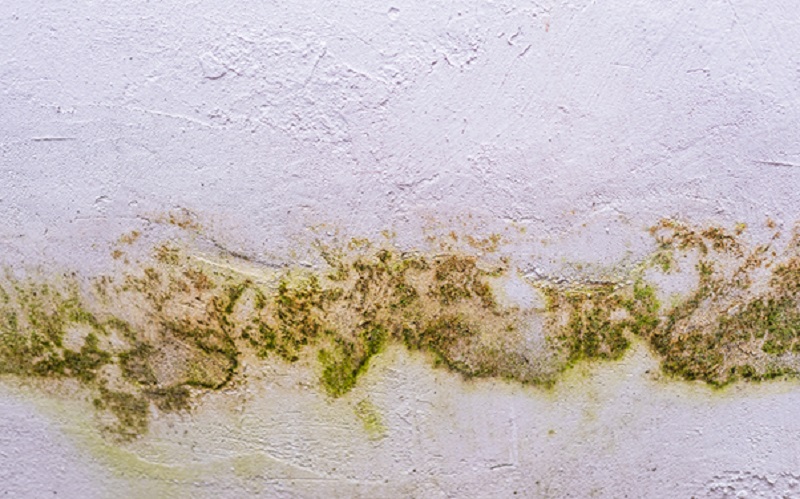Grout is critical for keeping tiles sealed, aligned, and structurally sound. However, many homeowners, particularly in Singapore, face persistent issues with grout due to high humidity, poor ventilation, and incorrect application techniques. Knowing what to watch for and how to resolve these problems can help prevent water damage, mould, and costly tile replacements.
Discover the most common issues surrounding grout in Singapore and learn how homeowners can address them based on industry best practices.
1. Mould and Mildew Growth in Grout Lines
One of the most common grout issues in the city-state is mould growth, especially in bathrooms and kitchens. The country’s high humidity provides a perfect breeding ground for mould and mildew, which thrive in the porous structure of cement-based grout. Moisture typically seeps in when grout lines aren’t properly sealed or maintained, resulting in dark stains, foul odours, and potential health risks. Affected areas must be scrubbed with a mixture of baking soda and vinegar or a specialised mould cleaner to fix this. The best long-term solution, if mould returns frequently, is to remove and replace the affected grout with a mould-resistant epoxy-based alternative. Sealing the grout every six months can also significantly reduce recurrence.
2. Cracked or Crumbling Grout
Cracks in grout lines are typically caused by natural movement in the substrate, improper application during installation, or the use of low-quality materials. Rapid temperature changes from air conditioning to warm outdoor temperatures may also cause tile expansion and contraction, stressing the grout. Once cracks appear, they create entry points for water, leading to further damage beneath the tiles. Minor cracks can be patched with grout sealant or caulk, but widespread cracking often requires full regrouting. Hiring professionals who specialise in grouting ensures the correct type of grout is applied, considering environmental conditions and tile material.
3. Discolouration and Staining
Discoloured grout is a visual problem that many homeowners face. This instance may result from soap scum, dirt accumulation, or mineral deposits from hard water. Cooking oil and food splashes further compound the issue in kitchens. Regular cleaning is essential, but abrasive chemicals can worsen discolouration if used improperly. A pH-neutral tile and grout cleaner should suffice for light staining. Steam cleaning or professional grout restoration services may be necessary for more serious cases. Preventive maintenance, such as sealing and using mats near wet areas, can help maintain the original colour and cleanliness of grout in homes.
4. Loose or Hollow-Sounding Tiles
Loose tiles are often the result of degraded grout that can no longer hold them in place. While the problem may initially seem like a tile issue, it is often rooted in the grout’s failure. This problem occurs in areas with frequent wet-dry cycles, such as balconies or shower zones. Tiles with an unstable or hollow sound when tapped may mean that the grout beneath has eroded or detached. Fixing this requires removing the affected tiles, scraping off old grout, and applying new, high-bond strength grout. This process should be performed by professionals to ensure long-lasting results.
5. Efflorescence on Grout Surface
Efflorescence refers to the white, powdery deposits that appear on grout surfaces. It occurs when water moves through the grout, bringing soluble salts to the surface. This issue is prevalent in the city-state due to persistent moisture and poor drainage. Although it is not hazardous, efflorescence can make tiles look dirty and unmaintained. It can be removed using a dry brush or mild acid-based cleaner, but unless the underlying moisture problem is addressed, it will keep returning. Proper waterproofing behind tiles and improved ventilation are key preventive measures.
Conclusion
Grouting in Singapore requires more than just filling tile joints. The climate, usage patterns, and choice of grout material all contribute to the long-term performance of tiled surfaces. Homeowners can avoid adverse tile damage and costly repairs by identifying and resolving issues such as mildew, cracking, and discolouration immediately. Professional maintenance, proper sealing, and selecting the appropriate type of grout for the area are also essential steps to ensure durability and hygiene in tiled areas across local homes.
Contact Grout Pro-Tech and let us ensure your tiles stay intact and your home remains mould-free and hygienic.





